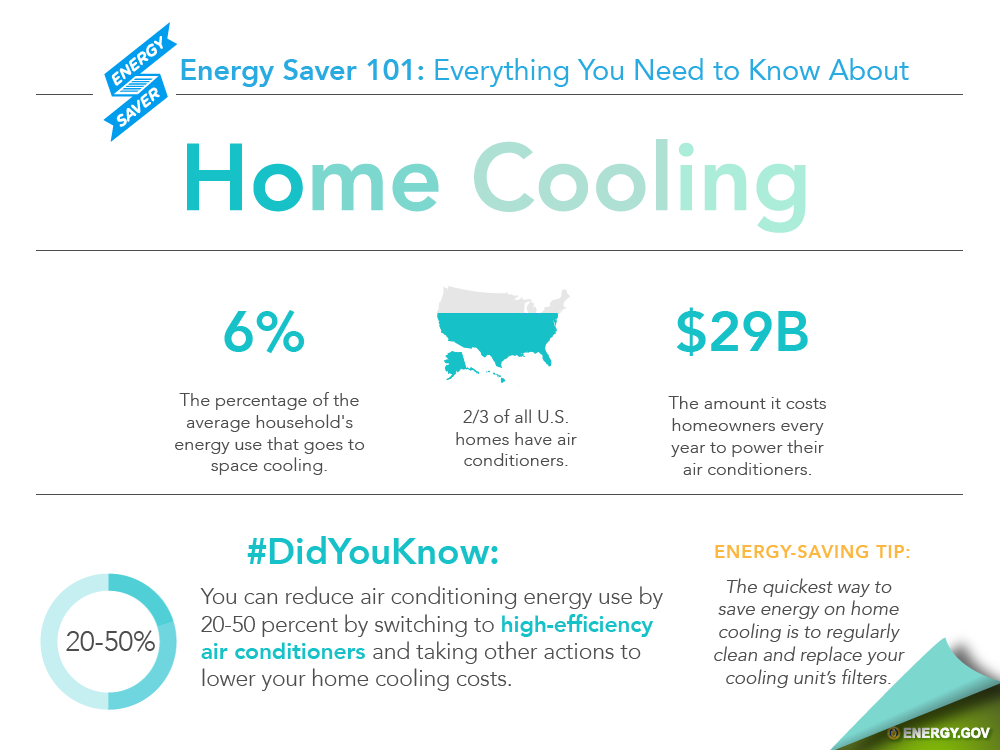Unmasking Usual Myths And Mistaken Beliefs About Warmth Pumps
Unmasking Usual Myths And Mistaken Beliefs About Warmth Pumps
Blog Article
find out here now -Rubin Cabrera
A heatpump is an all-in-one HVAC system that provides both cooling and heating. The system works by taking in and releasing warmth from the air or ground with a compressor utilizing reversing shutoffs.
While the upfront cost may be more than various other heater, the long-term price savings of a heat pump make it well worth the investment.
Myth 1: Heatpump do not work well in cold environments.
Heatpump are a key part of the electrification of home heating, and they are getting popularity in Europe and North America. But some people are apprehensive concerning using them in their homes due to myths and misunderstandings.
A basic heatpump is a device that absorbs one system of energy (in the form of electricity) and uses it to create 3 or 4 units of home heating. This is a really high performance ratio, and even at freezing temperatures heatpump can perform well.
Unlike fossil fuel furnaces that use gas to produce warm, a heat pump extracts thermal power from the air or ground. This means that heatpump are cheaper to run in most climates contrasted to traditional fossil-fuel systems, other than during the extremely chilliest hours of the year when they have to function harder. But, this can be countered by installing a properly-sized back-up heating system to connect those extremely cold durations.
Misconception 2: Heat pumps are costly to install.
This is an usual mistaken belief that can originate from misunderstandings about exactly how heatpump work. While they may have a higher upfront expense than some heating systems, they are a good long-term investment for both homeowners and services. In addition, they are a two-in-one system that provides both home heating and cooling down for most environments.
Unlike air conditioning tips to save energy that blast hot air right into structures, heatpump heat up structures slowly to keep the room comfortable. Additionally, heat pumps do not produce any kind of odors or smoke and help to clean up the air by removing mold and mildew spores, dust, and allergens from the atmosphere.
In addition to system strategies such as recognizing and right-sizing equipment, developing fabric effectiveness, twin gas and backup systems, and minimizing need during peak hours, heatpump costs can likewise be offset by local utility discount programs and state tax obligation credits. These incentives can aid to make heatpump a very cost effective choice for new building and construction and retrofits.
relevant web-site : Heat pumps don't heat up well.
When it involves home heating solutions, nothing is extra shrouded in misconceptions and false impressions than heatpump. Some individuals think they are too costly and do not work well in cool climates. Others stress that they're launching climate-damaging exhausts or will be hard to take care of in the future.
The truth is, that contemporary heat pumps are efficient and reliable in a range of temperature level conditions. The factor they do so well is the magic of their coefficient of efficiency (COP): They transform one system of energy right into 3 or 4 systems of warmth, depending upon the season and ambient temperature.
This suggests that, if you mount a heat pump today, you're most likely saving your clients money and adding to an eco-conscious globe. You can help debunk these myths by informing your consumers concerning the fact of heat pumps and helping them make clever options for their homes or commercial rooms.
Myth 4: Heatpump do not conserve cash.
It's terrific that heat pumps are getting the spotlight for their eco-friendly attributes however that likewise means that there is a great deal of misinformation out there regarding what they can actually do. One of the most typical false impressions is that heat pumps don't save money-- this is totally incorrect.
The truth is that heat pumps are far more power reliable than other heating unit. They can absorb a solitary device of electrical energy and use it to produce 3 or four systems of heat-- making them a really cost-efficient option for both brand-new and current buildings.
Of course, in order to achieve this degree of effectiveness you require to have a well-insulated home with underfloor home heating and standard-size radiators that will certainly maximize the heat offered by the pump. Yet, even in poorly-insulated houses, heatpump are still an extra cost-efficient option than standard fossil fuel systems. And, in most cases, the savings from switching to a heat pump can be comprised within simply a few years.